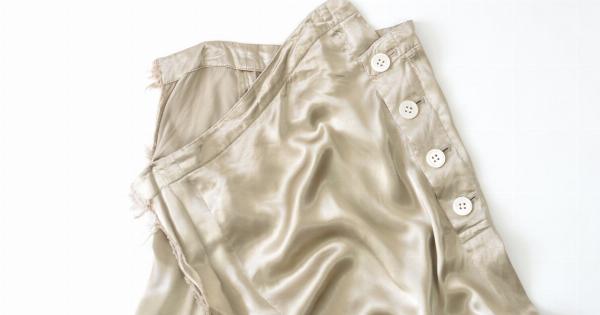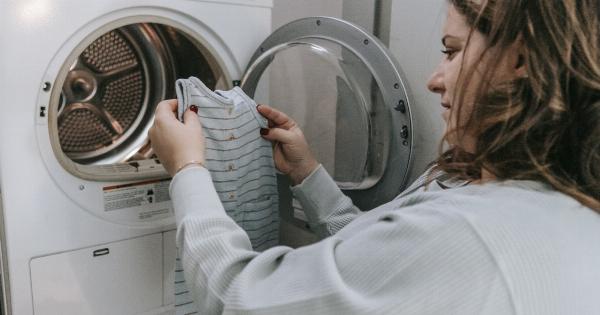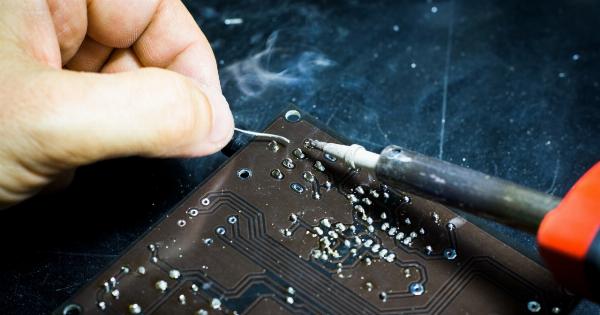As parents, one of the top priorities is ensuring the health and well-being of our little ones. Baby’s sheets, although often overlooked, play a significant role in maintaining a clean and safe environment for our infants.
But at what interval should we replace our baby’s sheets? In this article, we will explore this question and provide you with some guidance on when it may be time to invest in fresh bedding for your precious bundle of joy.
The Importance of Clean Sheets
Babies spend a significant amount of time sleeping, which makes their sheets a prominent environment for dirt, bacteria, and other allergens to accumulate. Dirty sheets can lead to skin irritations, respiratory issues, and even infections.
Therefore, it is essential to keep our baby’s sheets clean and replace them when necessary.
Determine the Quality of the Sheets
The frequency of sheet replacement can vary depending on the quality of the material. Cheaper sheets tend to wear out faster and may require more frequent changes compared to higher-quality options.
Look for sheets that are made of breathable fabrics such as organic cotton, as they are more hypoallergenic and easier to clean.
Newborns and Infants
During the first few months of a newborn’s life, they are more susceptible to skin irritations and allergies, making it crucial to keep their sheets clean and fresh.
It is recommended to change their sheets every 1-2 weeks, especially if they have been experiencing any rashes or other skin issues.
In addition to regular washings, protecting the baby’s sheets with a waterproof mattress cover can help prevent any spills or accidents from reaching the mattress directly.
This protective layer can extend the lifespan of the sheets and minimize the need for frequent replacements.
After Illnesses or Accidents
If your baby has been unwell or has had any accidents that have soiled the sheets, it is necessary to replace them immediately.
This not only ensures a clean sleeping environment but also eliminates the risk of reinfection or irritation from any lingering bacteria or bodily fluids.
In Hotter Climates or During Summer
If you live in a region with a warmer climate or during the summer months when your baby may sweat more, it is advisable to replace their sheets more frequently.
Increased perspiration can result in a buildup of sweat and potentially lead to unpleasant odors and discomfort for your little one. Changing sheets every 5-7 days can help maintain freshness and minimize any potential hygiene issues.
Allergies and Sensitivities
If your baby has known allergies or sensitivities, it may be necessary to replace their sheets more frequently. Allergens and irritants can cling to bedding, exacerbating their symptoms.
Consult with your pediatrician or allergist to determine the best frequency for sheet replacements based on your baby’s specific needs.
Cleaning and Maintenance
Regular washing and maintenance of baby’s sheets are essential in extending their lifespan and ensuring optimal hygiene. Here are some tips to keep in mind:.
1. Follow Care Instructions
Always read and adhere to the care instructions provided by the manufacturer. Different fabrics may require specific washing and drying methods to prevent shrinking or damage.
2. Use Mild Detergents
Opt for gentle, fragrance-free detergents specially formulated for babies. Harsh chemicals and strong scents can irritate your baby’s delicate skin.
3. Avoid Fabric Softeners
Fabric softeners may leave residue on the sheets, contributing to potential skin irritation or respiratory issues. Instead, consider using vinegar as a natural fabric softener.
4. Wash at the Right Temperature
Ensure that you are washing the sheets at the appropriate temperature recommended for the fabric. Hot water can shrink certain materials, while not washing at a high enough temperature may not adequately sanitize the sheets.
5. Inspect for Wear and Tear
Regularly check the sheets for signs of wear and tear. Ripped seams, holes, or thinning fabric may indicate that it’s time for a replacement, even if the regular washing schedule hasn’t been reached.
Conclusion
Keeping your baby’s sheets clean and fresh is vital for their health and comfort. The frequency of sheet replacement may vary depending on factors such as your baby’s age, climate, allergies, and accidents.
Regular cleaning and maintenance can prolong the lifespan of the sheets while providing a safe and hygienic environment for your little one. By following these guidelines and trusting your instincts as a parent, you can ensure that your baby’s sheets are always in the best possible condition.



























